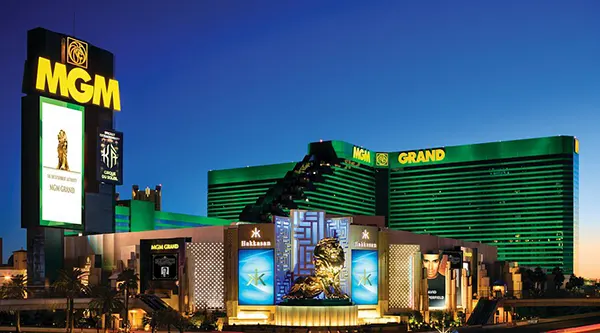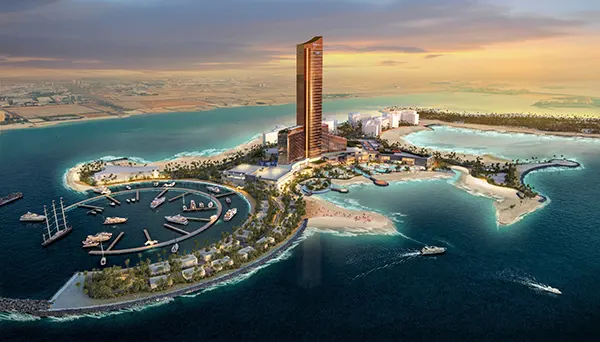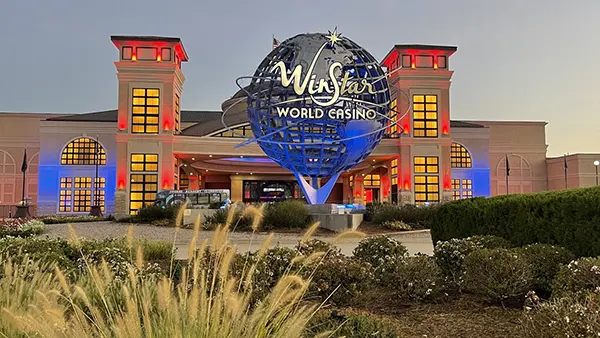City of Dreams Colombo: Growth of Integrated Casino Resorts in Asia and Its Impact on the Gaming Industry
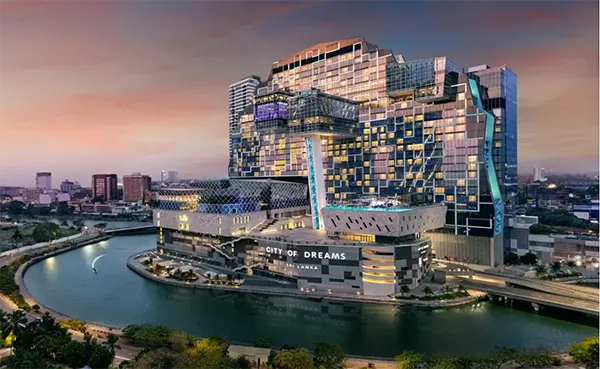
City of Dreams Colombo, launched in August 2025, represents a landmark development in South Asia’s entertainment and leisure sector. As the region’s first integrated resort casino, it combines luxury accommodation, gaming facilities, fine dining, and diverse entertainment under one roof. This project not only changes the face of tourism in Sri Lanka but also positions the country on the map of global gaming destinations. Its opening marks a turning point for the region, where international investors and local businesses anticipate significant economic and cultural impact.
The Rise of Integrated Casino Resorts in Asia
Over the past two decades, Asia has experienced remarkable growth in the integrated resort sector. Macau set the initial standard, with its combination of luxury hotels, gaming halls, and high-end shopping. Singapore followed, establishing Marina Bay Sands and Resorts World Sentosa as prime examples of how integrated resorts can transform national economies and tourism sectors. City of Dreams Colombo is now the first in South Asia to follow this model, signalling a shift in regional competition.
The introduction of such a resort in Sri Lanka highlights the strategic location of Colombo as a hub for South Asian tourism. By offering both leisure and business facilities, the resort attracts a wide spectrum of visitors, from casual tourists to high-stakes players. This diversification ensures a steady influx of guests and creates resilience against economic fluctuations.
Unlike standalone casinos, integrated resorts offer a more sustainable model. They combine gaming with non-gaming elements such as retail, entertainment shows, and conference facilities, thereby diversifying revenue streams and broadening their appeal. This approach aligns with global trends where visitors seek comprehensive experiences rather than singular attractions.
Economic Opportunities for Sri Lanka
The opening of City of Dreams Colombo is expected to stimulate multiple sectors of the economy. Beyond the direct employment generated within the resort, indirect job creation in hospitality, logistics, and local businesses is significant. Analysts estimate that thousands of new jobs will be created across service industries, from restaurants to travel agencies.
Tourism plays a critical role in Sri Lanka’s GDP, and the integrated resort adds a new dimension to its appeal. The combination of gaming and luxury leisure attracts international travellers from India, the Middle East, and even Europe, enhancing foreign exchange earnings. Additionally, this creates long-term opportunities for local suppliers and entrepreneurs.
Infrastructure development is another area of benefit. With increased international traffic, Colombo is likely to see improvements in transport facilities, urban development, and public services, which will also benefit residents. The project serves as a catalyst for wider urban regeneration and modernisation.
Impact on the Regional Gaming Industry
City of Dreams Colombo arrives at a time when competition across Asia’s gaming markets is intensifying. Macau remains the largest market, but stricter regulations and diversification challenges have encouraged operators to look elsewhere. Emerging destinations such as Vietnam, Cambodia, and the Philippines have already attracted major investments. Sri Lanka’s entry signals that South Asia is no longer an overlooked territory.
The integrated resort model appeals strongly to international investors because it mitigates risks tied to gaming-only revenue. With hotels, shopping centres, and restaurants, Colombo can compete with more established markets by offering a complete experience. The resort also positions itself as a regional leader in responsible gaming practices, following international standards to ensure long-term sustainability.
Industry experts believe the resort’s presence will encourage further competition in the region. Other countries may look to replicate the model, leading to broader investment across South Asia. This could transform the subcontinent into a new hub for integrated entertainment complexes, challenging the dominance of East Asian markets.
Shaping Consumer Preferences
The arrival of City of Dreams Colombo reflects changing consumer preferences. Visitors increasingly demand comprehensive experiences where gaming is just one of many activities. Families, business travellers, and tourists are all catered for within such complexes, which reduces the stigma sometimes associated with casino-only destinations.
For younger generations of travellers, entertainment diversity plays a central role. The combination of live shows, international restaurants, and luxury shopping elevates the visitor experience. This also helps position Colombo as a cosmopolitan city aligned with global tourism standards.
Furthermore, the emphasis on sustainability and cultural integration resonates with modern tourists. The resort highlights Sri Lanka’s heritage through design elements and local partnerships, blending global luxury with regional identity, thereby ensuring appeal to both domestic and international audiences.
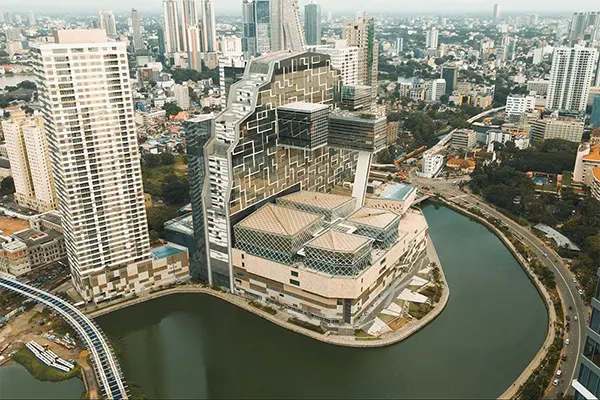
Future Prospects and Challenges
While the opening of City of Dreams Colombo is promising, challenges remain. Regional competition is strong, and destinations like Macau and Singapore continue to attract high-spending visitors. To maintain its appeal, Colombo must focus on unique value propositions, such as its cultural heritage, geographic position, and tailored hospitality.
Regulatory frameworks will play a critical role in the resort’s success. Ensuring transparency, fair gaming practices, and strong consumer protections will be essential to building long-term trust among international visitors and investors. Any lapses in governance could damage credibility and slow growth.
Additionally, the resort must adapt to evolving tourism trends. As travellers increasingly value responsible travel, the emphasis on eco-friendly operations, community involvement, and inclusive development will determine its reputation. By aligning with global sustainability goals, the resort can ensure consistent growth and international recognition.
Regional and Global Influence
The success of City of Dreams Colombo could redefine how integrated resorts are perceived in South Asia. If successful, it may encourage governments across the region to reconsider tourism and entertainment strategies, potentially leading to further liberalisation of gaming laws.
Globally, Colombo’s entry demonstrates that integrated resorts are no longer confined to East Asia or Western markets. Investors are increasingly open to exploring new regions, diversifying risks, and tapping into underserved audiences. Sri Lanka’s case could inspire similar projects in neighbouring India, Pakistan, or Bangladesh in the future.
Ultimately, the resort’s long-term impact will depend on its ability to balance international standards with local identity. By achieving this balance, City of Dreams Colombo can become a model for integrated resorts worldwide, strengthening Sri Lanka’s role as a gateway to South Asia’s evolving entertainment industry.

